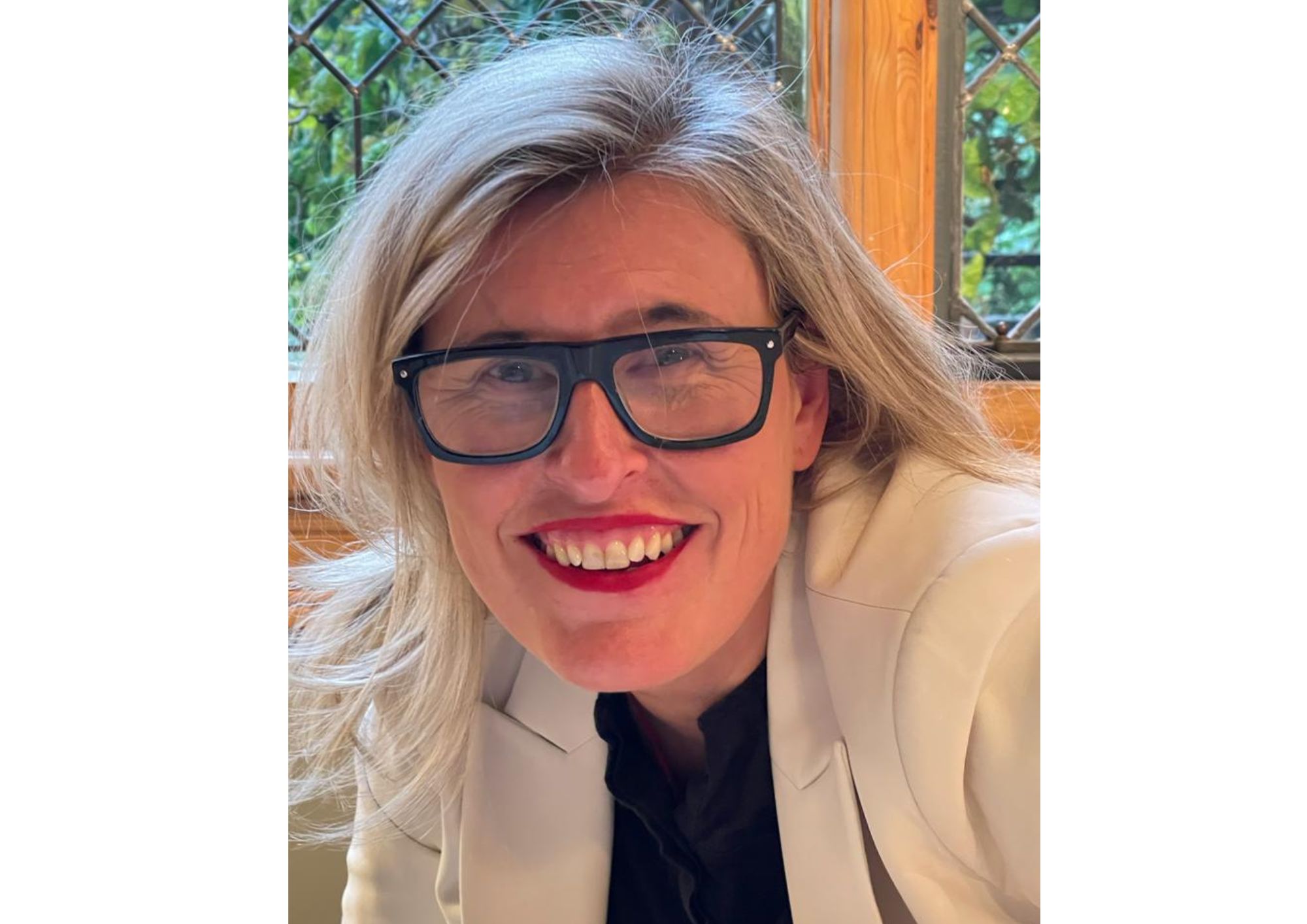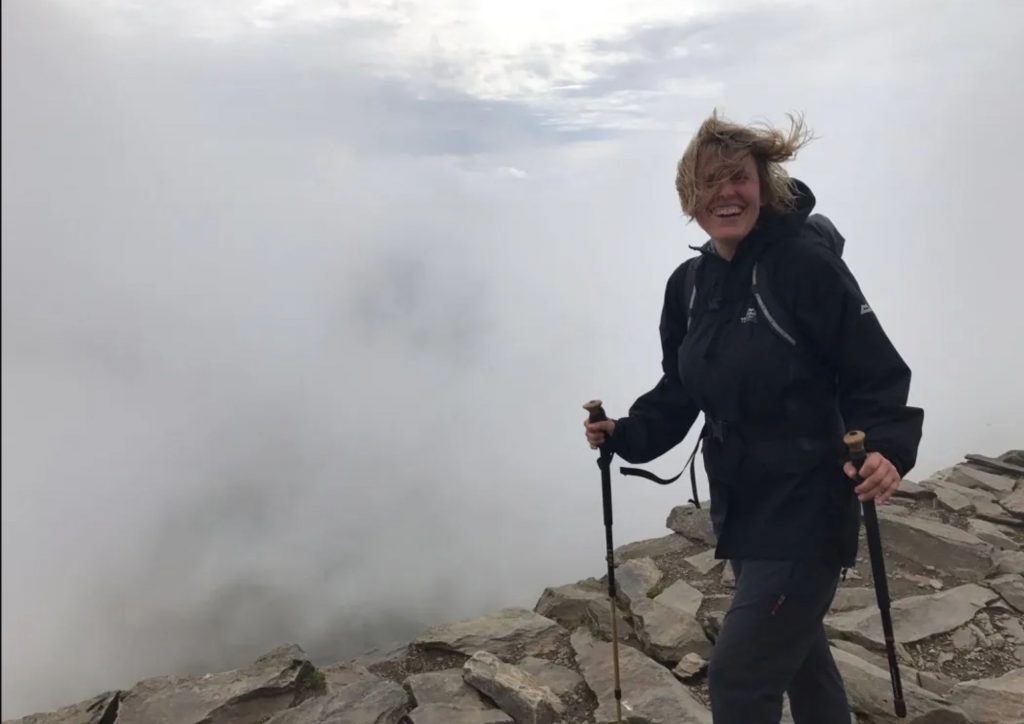IWD: ‘I’ve climbed Everest… but IVF is more challenging’
'AS it’s International Women’s Day week, can I let you into a secret? Fertility is not a feminist'
Friday, 8th March — By Jessica Hepburn

Jessica Hepburn
Author and adventure activist JESSICA HEPBURN says the young should be schooled in how to create the families they may want in the future
“DO you want to be a mother?” This wasn’t a question that was ever posed when I was at school. I went to the suffragette-founded comprehensive Camden School for Girls.
Instead we were asked: “What A-levels are you doing?” “Where are going to university?” “What career do you want?”
These are great questions but we also need to ask young people today what plans they have for parenthood so they have the best chance of creating the families they want in the future. For too long the emphasis on sex education has been teaching young people how not to get pregnant.
But as it’s International Women’s Day week, can I let you into a secret? Fertility is not a feminist.
Young people need to be taught this too. I did everything that girls of my generation were told to do. I got three A-levels, went to uni, and then started climbing the career ladder.
By my early 30s I had a fabulous job running one of London’s leading theatres – the Lyric Hammersmith. I had also met the man I wanted to start a family with. We threw away the contraception and started trying.
But after a year we still hadn’t had a positive pregnancy test. We were eventually diagnosed with “unexplained infertility”, which means doctors have no idea what’s wrong.
For me, it marked the start of a decade that involved 11 rounds of unsuccessful IVF; multiple miscarriages; and an ectopic pregnancy I nearly died from.
My infertility has now become my vocation – inspiring me to write three books and become a fertility campaigner.
Last week, on February 28, I gave a speech at the Houses of Parliament for the 20-year anniversary of the National Charity Fertility Network UK. I spoke alongside Alastair MacDonald, the world’s first IVF baby boy, and his mum Grace. Born in January 1979, six months after Louise Brown, who was the world’s first IVF baby, it was so moving to hear their story.
IVF is a miracle of modern science, pioneered in the UK and which has brought happiness to millions of families across the globe. But it’s also important to remember that there is another side to the story.
Reproductive science doesn’t always work.
There isn’t a doctor who can guarantee you a biological baby. IVF is also costly, and in the UK there is a postcode lottery, meaning the treatment you’re entitled to depends on where you live.
Plus, with the cost of living crisis affecting so many people, many are having to delay treatment, which is a disaster because fertility is age-critical.
A survey conducted by Fertility Network UK last year revealed that more than 95 per cent of patients had severe financial concerns.
I should know. We spent over £70,000 re-mortgaging our house, and getting into debt in our pursuit of parenthood.

One of the things I want young people today to learn is there are many routes to family – from adoption and fostering to solo and same-sex parenthood. It’s also possible to have a fulfilling life without children.
In fact, overpopulation is one of the key factors in the climate emergency, so if you want to help the planet arguably you shouldn’t have them. But at the same time family is crucial to many people’s happiness.
That’s why it’s so important that fertility education improves.
Young people need to know about the warning signs of fertility problems. It’s not normal to have painful, unusually heavy or light periods.
It might be a sign of conditions like endometriosis and polycystic ovaries which can affect your fertility. New technologies like egg freezing might offer opportunities to delay parenthood but there are limits to this science.
And when we see celebrities getting pregnant in their late 40s and 50s, it’s often because they have “bought” donated eggs from a younger woman.
The single biggest factor in pregnancy success is maternal age – which is why fertility is not a feminist.
She might want women to have it all. But when so many young people today are either financially unable or socially unwilling to start families at the biologically optimal age, they need to know the risks as well as the opportunities ahead. When you struggle to create the family you want, it’s emotionally devastating.
But, for me, it also led to going on some amazing adventures to raise awareness of the toll of infertility and IVF.
In 2022, I became the first woman in the world to achieve “The Sea Street Summit Challenge” – which is to swim the English Channel, run the London Marathon and climb Mount Everest.
Having done some of the most iconic physical and mental endurance challenges on the planet, I can say that the hardest test of all is going through infertility and IVF.
Save Me from the Waves: An Adventure from Sea to Summit. By Jessica Hepburn, Aurum, £17.99